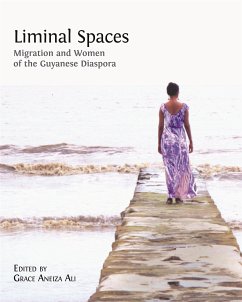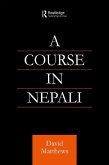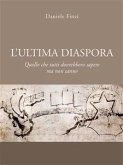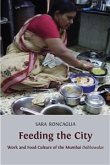Liminal Spaces is an intimate exploration into the migration narratives of fifteen women of Guyanese heritage. It spans diverse inter-generational perspectives – from those who leave Guyana, and those who are left – and seven seminal decades of Guyana’s history – from the 1950s to the present day – bringing the voices of women to the fore. The volume is conceived of as a visual exhibition on the page; a four-part journey navigating the contributors’ essays and artworks, allowing the reader to trace the migration path of Guyanese women from their moment of departure, to their arrival on diasporic soils, to their reunion with Guyana.
Eloquent and visually stunning, Liminal Spaces unpacks the global realities of migration, challenging and disrupting dominant narratives associated with Guyana, its colonial past, and its post-colonial present as a ‘disappearing nation’. Multimodal in approach, the volume combines memoir, creative non-fiction, poetry, photography, art and curatorial essays to collectively examine the mutable notion of ‘homeland’, and grapple with ideas of place and accountability.
This volume is a welcome contribution to the scholarly field of international migration, transnationalism, and diaspora, both in its creative methodological approach, and in its subject area – as one of the only studies published on Guyanese diaspora. It will be of great interest to those studying women and migration, and scholars and students of diaspora studies.
Eloquent and visually stunning, Liminal Spaces unpacks the global realities of migration, challenging and disrupting dominant narratives associated with Guyana, its colonial past, and its post-colonial present as a ‘disappearing nation’. Multimodal in approach, the volume combines memoir, creative non-fiction, poetry, photography, art and curatorial essays to collectively examine the mutable notion of ‘homeland’, and grapple with ideas of place and accountability.
This volume is a welcome contribution to the scholarly field of international migration, transnationalism, and diaspora, both in its creative methodological approach, and in its subject area – as one of the only studies published on Guyanese diaspora. It will be of great interest to those studying women and migration, and scholars and students of diaspora studies.









